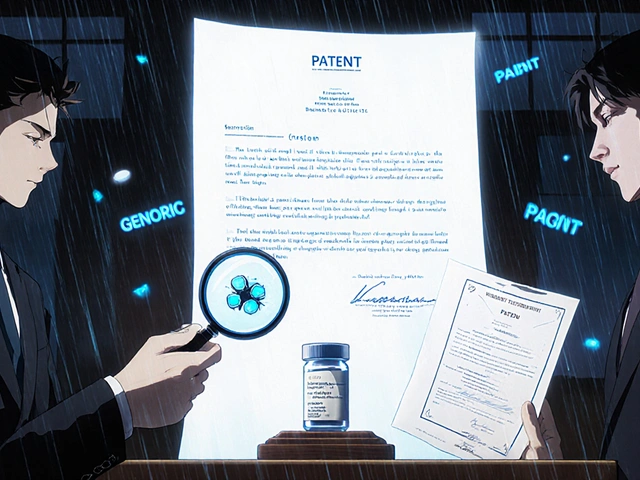Understanding Drug Interactions: A Simple Guide
Ever wondered why some medications shouldn't be taken together? That's drug interaction at work. When different drugs or supplements affect each other, it can change how they work or cause unexpected side effects. Knowing about these interactions helps you avoid problems and keep your treatments effective and safe.
Drug interactions come in two main forms: one drug might boost or reduce the effect of another, or two meds might combine to cause harmful reactions. For example, some antidepressants can increase the effect of blood thinners, making bleeding more likely. That's why doctors check your full medication list every time you get a new prescription.
Common Causes and Examples of Drug Interactions
Some typical causes of drug interactions include mixing prescription meds with over-the-counter drugs or herbal supplements. For instance, taking the heartburn medicine Nexium with certain antibiotics can lower the antibiotics' effectiveness. Even popular supplements like St. John's Wort can interfere with how other drugs work.
Alcohol is another tricky factor — it can interact negatively with many medications, from painkillers like Ativan (lorazepam) to diabetes pills. So, it's smart to ask your pharmacist or doctor about drinking alcohol if you're on medication.
How to Stay Safe and Manage Your Medications
The best approach is good communication and careful management. Always tell your healthcare provider about every drug or supplement you use. Use one pharmacy if you can — they’ll have a full record of your meds and spot risky interactions. Never change or stop your medicines without talking to a pro.
Apps and online tools also exist that check for drug interactions; these can be handy but shouldn't replace professional advice. If you notice new symptoms after starting a new medication, report them right away. Being proactive can help you avoid serious issues and keep your health on track.

Strattera (Atomoxetine): Understanding Its Usage, Dosage, and Side Effects for ADHD Management
- Date: 13 Jan 2024
- Categories:
- Author: David Griffiths
This comprehensive guide delves into Strattera, also known as Atomoxetine, a medication widely used for managing Attention Deficit Hyperactivity Disorder (ADHD). The article unpacks its medical benefits, potential side effects, drug interactions, and provides dosing recommendations to optimize treatment effectiveness. Readers will discover insightful details about Strattera, making informed decisions about its use easier and ensuring a safer treatment journey.




